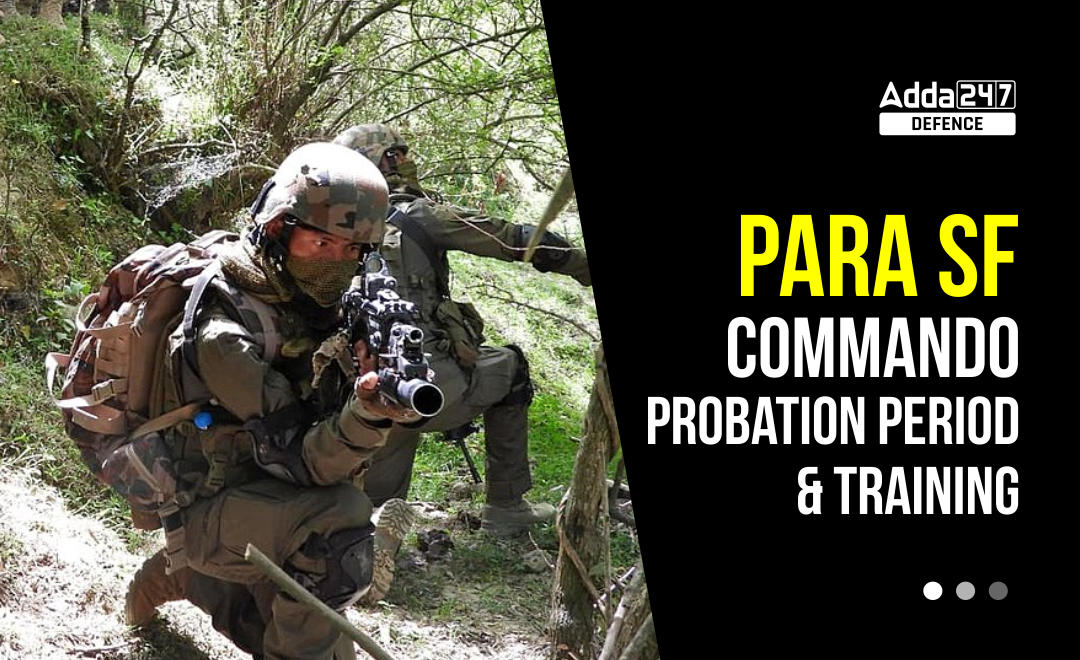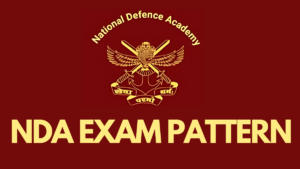Para SF Commando Probation Period and Training
After completing their initial training at the Parachute Regimental Centre, recruits are given the opportunity to choose between joining the Parachute Battalions (airborne) or the Parachute Special Forces (SF) Battalions, depending on their preferences and available positions.
At the unit level, these recruits may be joined by volunteers from different battalions or regiments of the Indian Army. Together, they undergo a selection and training process known as the para/SF probation. The duration of this probation period can vary, typically ranging from 90 to 180 days, and it serves as a critical phase for assessing the candidates. The para/SF probation is renowned for its demanding nature, resulting in a high attrition rate.
Only those individuals who successfully complete the probation period are accepted by the unit and subsequently assigned to their designated unit by the Para Records.
During the probation period, candidates who have passed the initial selection process for the Para SF undergo rigorous training to enhance their physical fitness, mental resilience, and specialized skills required for special operations. The training encompasses various aspects, including combat skills, parachute jumps, endurance training, navigation, and other specialized modules.
The training program for Para Special Forces (Para SF) commandos is deliberately designed to be physically and mentally challenging. Its primary objective is to cultivate the necessary skills and capabilities for special operations while ensuring candidates are prepared for a diverse range of combat scenarios.
Here is a summary of the key elements typically encompassed in Para SF commando training:
- Basic Training: Candidates undergo initial military training to develop their physical fitness, discipline, and teamwork abilities. This phase concentrates on physical conditioning, weapon handling, field craft, navigation, and small unit tactics.
- Parachute Training: Para SF commandos are recognized for their proficiency in airborne operations. Candidates undergo comprehensive parachute training to acquire proficiency in various types of jumps, such as static line jumps, HALO (High Altitude Low Opening) jumps, and HAHO (High Altitude High Opening) jumps.
- Combat Training: Commandos receive specialized combat training, including close quarters combat (CQC), marksmanship, sniper training, urban warfare, counter-terrorism tactics, demolitions, and the handling of various weapons and explosives.
- Unconventional Warfare: Candidates learn tactics for unconventional warfare, encompassing operations behind enemy lines, reconnaissance, intelligence gathering, sabotage, and guerrilla warfare techniques. They are trained to adapt to different terrains and environmental conditions.
- Survival Training: Commandos undergo survival training to acquire skills necessary for surviving in extreme conditions, such as jungles, deserts, mountains, and underwater environments. They learn techniques for sourcing food and water, constructing shelters, and navigating without modern technology.
- Specialized Skills: Para SF commandos may receive training in specialized skills such as combat diving, combat medical procedures, HALO/HAHO techniques, advanced communications, and intelligence gathering.
- Endurance and Physical Fitness: The training program places significant emphasis on physical fitness and endurance to ensure commandos can perform optimally in challenging circumstances. This includes activities such as long-distance running, obstacle courses, high-intensity interval training, and other demanding physical exercises.
It is important to note that the training for Para SF commandos is highly selective, and candidates undergo a stringent selection process before being accepted into the program. The duration and specific components of the training may vary based on the organization, mission requirements, and evolving training methodologies. The training is meticulously designed to prepare commandos for the complex and demanding nature of special operations, where they may be deployed in high-risk environments to execute critical missions.



 Important Topics to Score 300+ in NDA GA...
Important Topics to Score 300+ in NDA GA...
 NDA Exam Pattern 2025 for GAT and Maths
NDA Exam Pattern 2025 for GAT and Maths
 How to Crack NDA Exam in the First Attem...
How to Crack NDA Exam in the First Attem...
